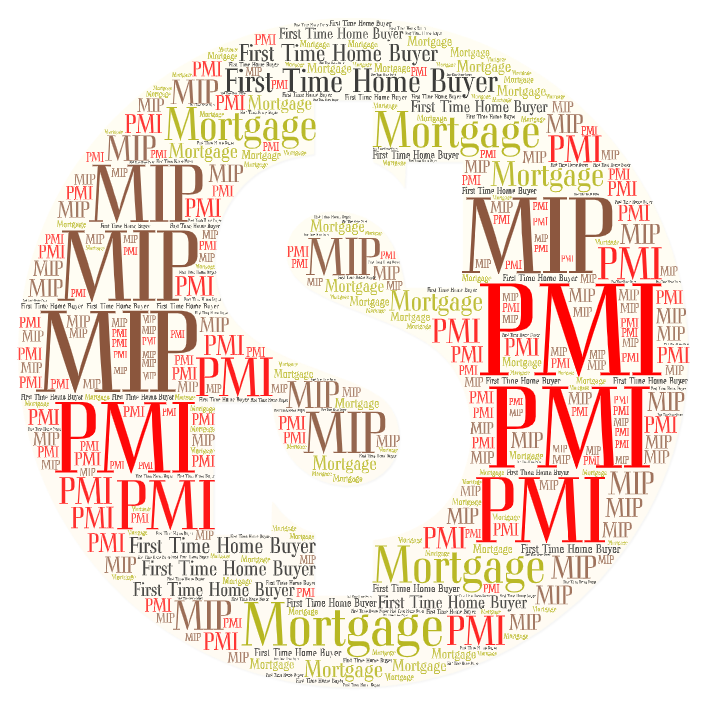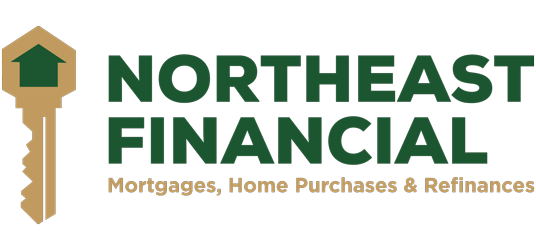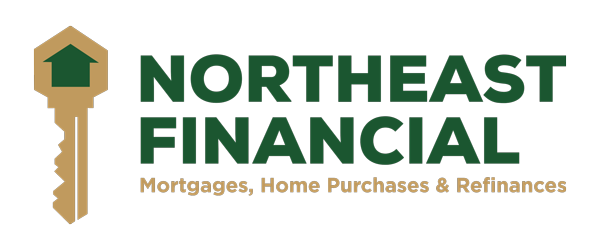
The distinction – between PMI, MIP, & Homeowner’s Insurance- is one that many homebuyers- particularly first-time borrowers- have a lot of questions about. Hopefully, this article answers those basic questions, and if you have more in-depth questions, please contact us to help assist you further. This overview should help with the generalities.
By Yvonne Trode, NMLS #2131594
PMI stands for Private Mortgage Insurance. PMI is used on conventional loans; loans that are NOT backed by the government. Many people are required to pay PMI with a conventional mortgage if their down payment is less than 20% of the home’s purchase price. Private mortgage insurance protects the lender from any possible losses incurred; such as non-payment of one’s mortgage. PMI does not help build equity in your home and thus, many borrowers do what they can do to avoid paying for it. One way is to put down at least 20% on your loan. However, if you cannot do this, when the balance of your mortgage drops to 78%, the lender is required to stop collecting PMI payments. Borrowers have the right to ask to drop PMI when the mortgage drops to 80%, but the lender reserves the right to continue collecting PMI until the balance reaches 78%. However, it can’t hurt to ask, right? This is why it is so important to work with a broker who understands these little ‘ins and outs’ because it can save you a lot of time and money. These conventional loans which have PMI at <20% down are often called “conforming”; they fall within the qualifications of a Fannie Mae or Freddie Mac loan. With PMI, you will pay a portion of your annual premium (total amount owed) each month when you pay your mortgage.
MIP stands for Mortgage Insurance Premium. Mortgage Insurance Premiums are paid by a homeowner who takes out a mortgage that is FHA-backed. (a government loan). Lenders backed by FHA (Federal Housing Administration) use MIP to protect themselves against “higher-risk borrowers”, a term used vaguely here, who they deem possible to default on a loan -or maybe due to credit score, or high debt, more likely than others. FHA mortgages require each borrower to have mortgage insurance. No matter the size of your down payment, if you are borrowing via the Federal Housing Administration, you are going to pay MIP. Additionally, you are going to pay an upfront mortgage insurance premium, which you may have heard of referred to as “UFMIP”. UFMIP can be worked into the amount of your loan and your annual MIP can be paid as part of the borrower’s mortgage payment each month. As we discussed when you can cancel/request cancellation of PMI, the way this works for MIP is: If you paid down 10% or more on an FHA mortgage, you are going to pay annual MIP for 11 years. If you paid less than 10% down at closing, you will not be able to cancel MIP and will pay for mortgage insurance for the duration of the loan.
Broadly speaking, the difference between PMI and MIP is:
PMI = Conventional (non government) mortgages
MIP = Federally-backed (government) mortgages
The borrower makes a decision about which mortgage suits their needs, and then the type of insurance required/necessary follows. It is a good time to note that VA Loans are an entirely different type of mortgage because they do not require any money down, and also do not require any PMI or MIP. (VA Loans are a type of government-backed loan for service members; qualifying veterans, active-duty members, and their spouses).
Homeowner’s Insurance, unlike PMI/MIP, does not protect the lender, (the bank from whom the person is borrowing their mortgage) but rather protects you- the Borrower. Homeowner’s insurance is required by all mortgage lenders. Homeowner’s Insurance is a policy entirely separate from your monthly mortgage payment and protects you against a variety of possible losses.
What does Homeowner’s Insurance cover?
As part of a small local brokerage at Northeast Financial LLC (Middlefield, CT), I like to keep things simple, and close to home, so I went to someone local for an answer to this question.* Ben Tabellione (https://www.insurewithbtab.com) of State Farm in Wethersfield, CT puts the issue to bed succinctly:
“Homeowners insurance provides coverage to repair or rebuild an insured’s home if it is damaged as a result of a covered loss. The policy protects the insured’s personal property in the home and anywhere around the world. Homeowners insurance also provides liability coverage to help protect the insured’s assets in case they are legally responsible for property damage or bodily injury to others.”
For more information, or to obtain homeowner’s insurance for your home, click on the link, and contact Ben, or another home insurance company, who can assist you in securing the insurance you need.

__________________________


